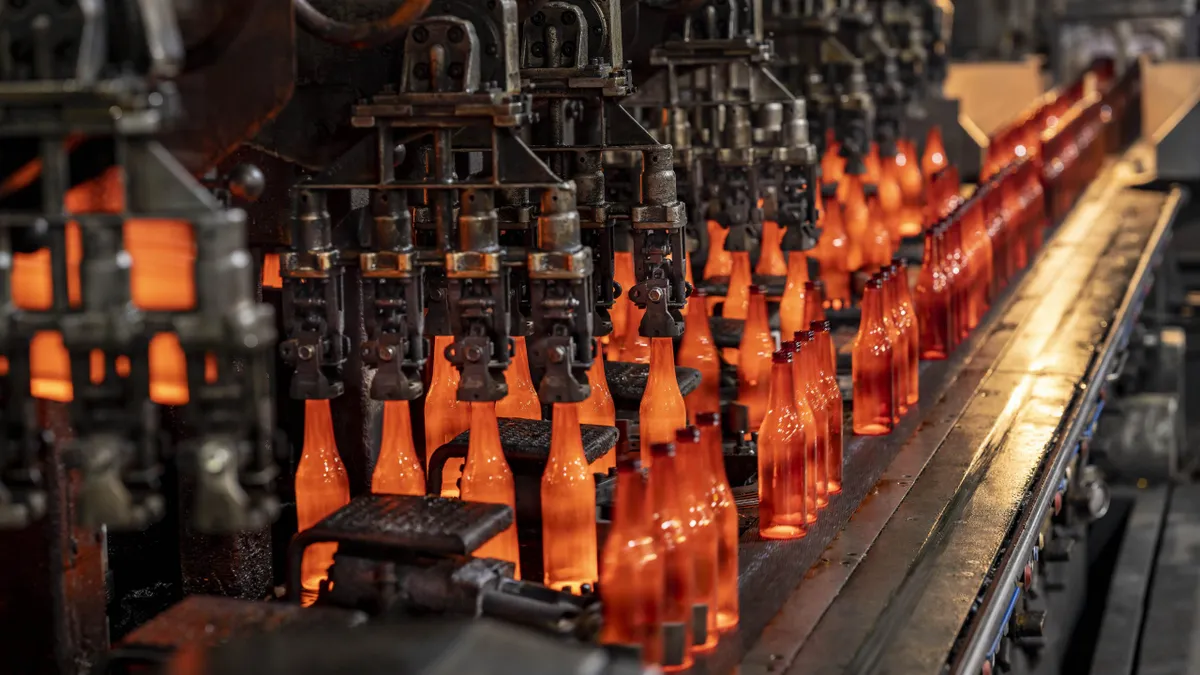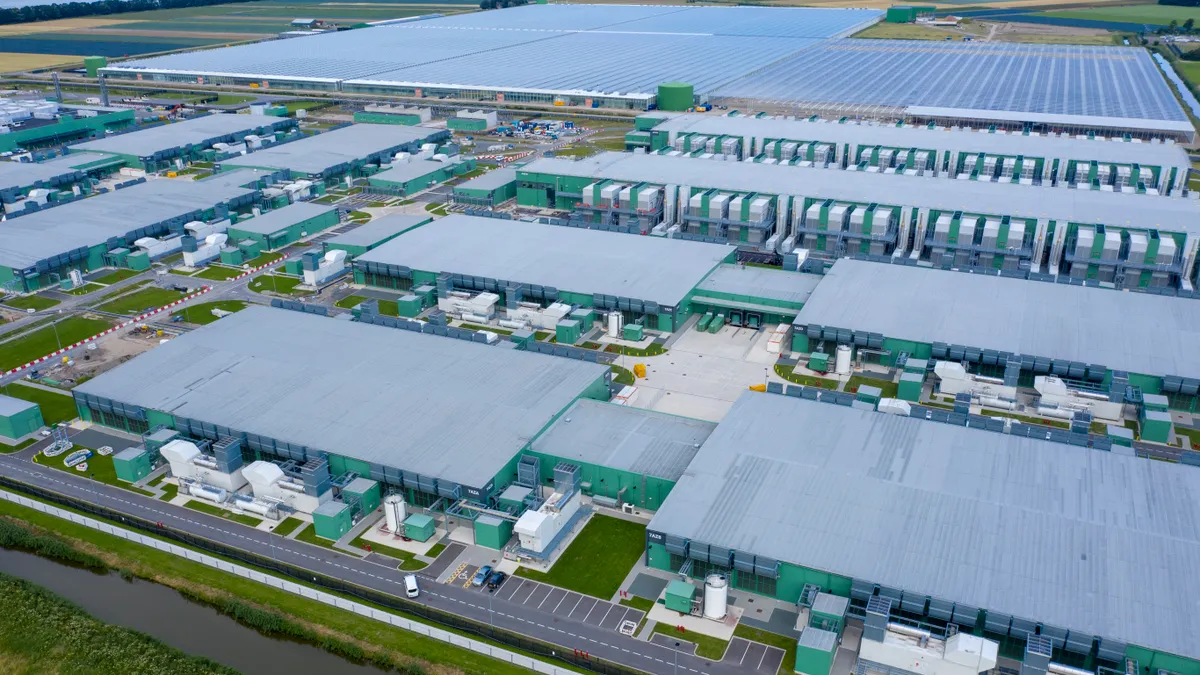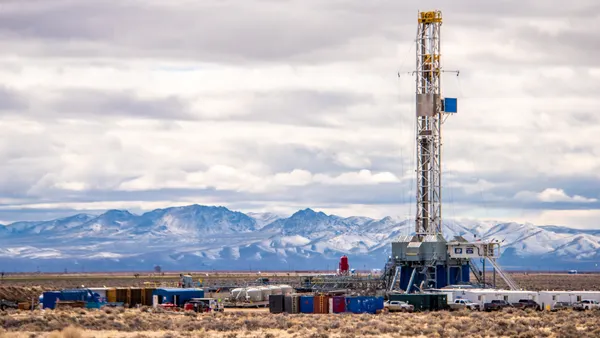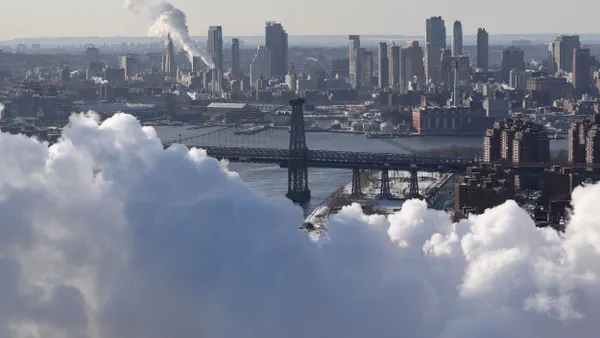Dive Brief:
- O-I Glass has received funding from the U.S. Department of Energy to begin the process of rebuilding a furnace at its Zanesville, Ohio, facility in January with technologies designed to reduce carbon dioxide emissions.
- The Office of Clean Energy Demonstrations awarded O-I with $760,185 toward a phase one project cost total of $1,551,399. This six-to-eight-month phase is set to include conducting preliminary engineering design, as well as handling documentation necessary for a National Environmental Policy Act review.
- The project seeks to reduce carbon intensity by between 20% and 40% compared with glass made on a “baseline furnace.”
Dive Insight:
O-I called the collaboration with DOE’s Industrial Demonstrations Program “a key enabler” of the project, per an emailed statement. This decarbonization program is backed by $6.3 billion in funding through 2021’s Infrastructure Investment and Jobs Act and 2022’s Inflation Reduction Act. The total federal cost share for O-I’s project could end up being $56.6 million.
“This first-of-its-kind furnace rebuild project is designed to combine five cutting-edge furnace technologies intended to reduce waste heat, improve energy efficiency, and curtail direct and indirect emissions,” O-I said. Across the company, O-I is targeting a 10% reduction in total GHG emissions by 2025, and 25% by 2030, from a 2017 baseline.
According to a project fact sheet shared by DOE, the project “could demonstrate the commercial feasibility and functionality of combining multiple decarbonizing technologies that could be replicated across different glass colors and container types.”
The company added that it’s “committed to close collaboration with our suppliers, research institutions, governments, and customers to sustainably transform the packaging industry.”
The Jan. 8 funding follows DOE’s announcement last March of 33 program beneficiaries, including O-I. At the time, O-I was awarded federal cost share of up to $125 million to rebuild four furnaces across facilities in Tracy, California, and Toano, Virginia, in addition to Zanesville. Last year, O-I estimated the projects could each support up to 300 construction jobs.
Across the packaging industry, some company executives are concerned that federal infrastructure funding could lessen during the Trump administration. Still, others think potential tax breaks or incentives could support equipment purchases.
Zanesville was one of 15 United States glass container plants listed in O-I’s annual report last March. Among that list, Streator, Illinois, was to shut down in November 2024; the company also began operating a new high-tech, less environmentally intensive site in Bowling Green, Kentucky, in the third quarter. In October, O-I said it was evaluating the closure of at least 7% of its total capacity by mid-2025.











